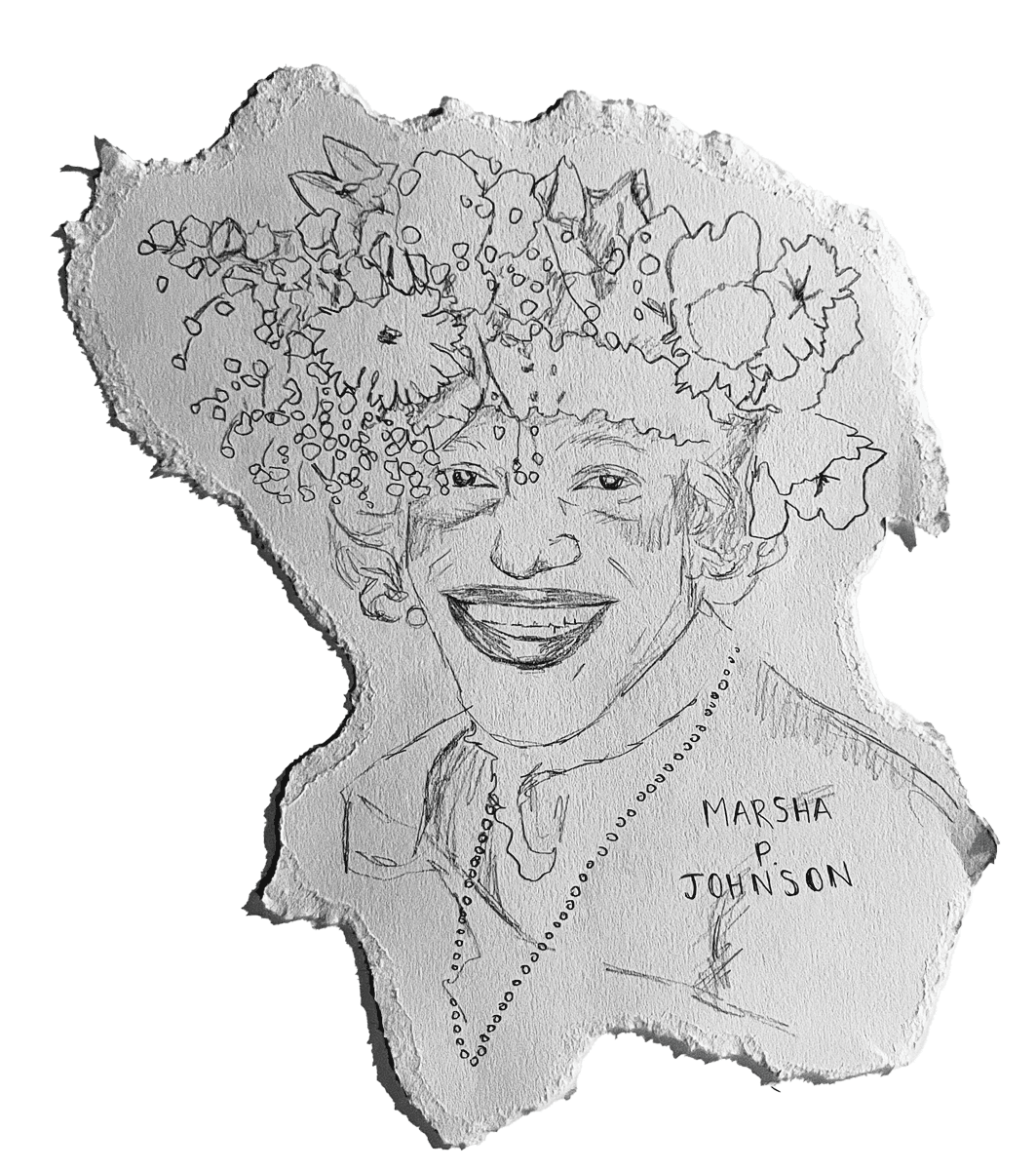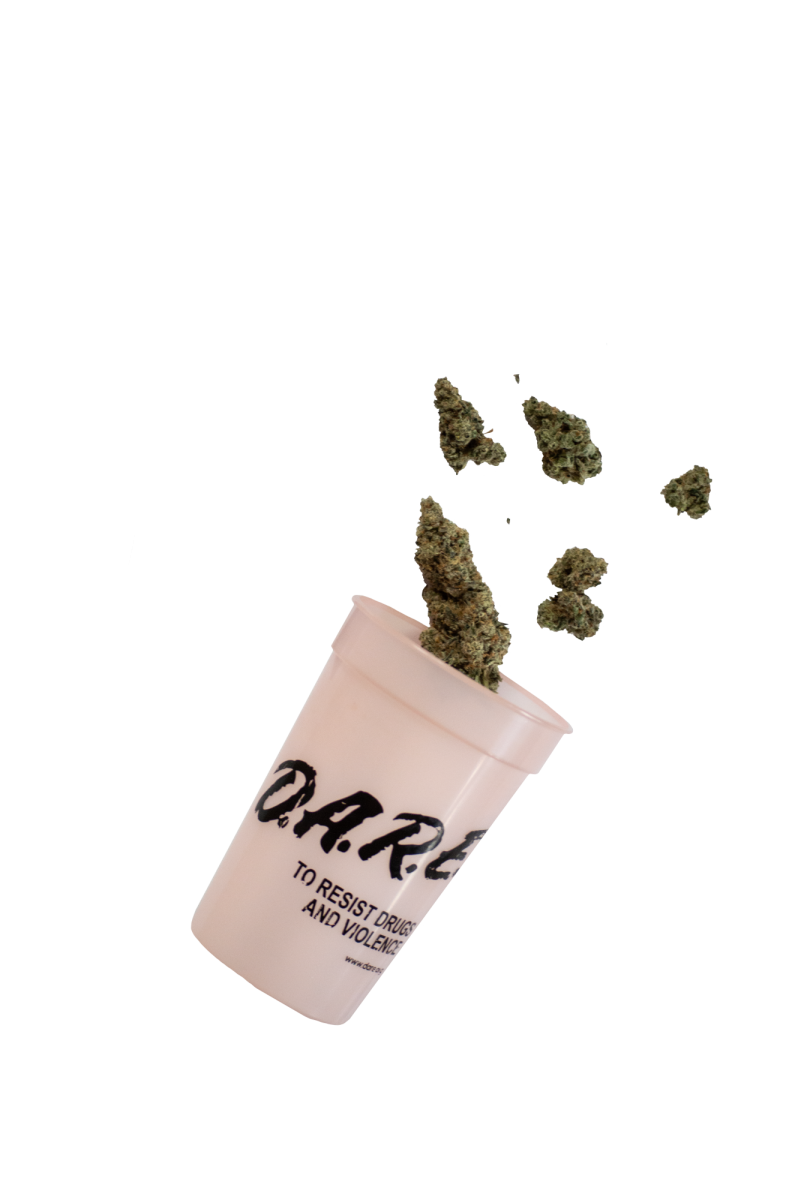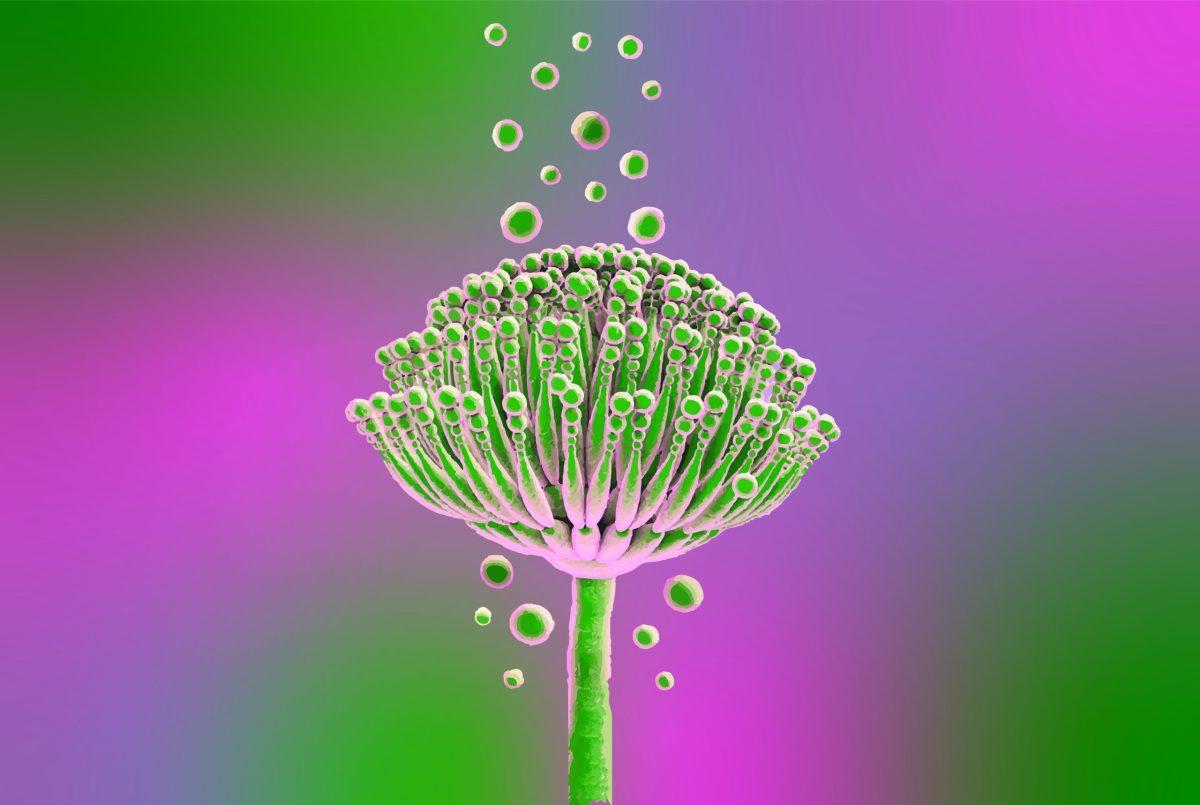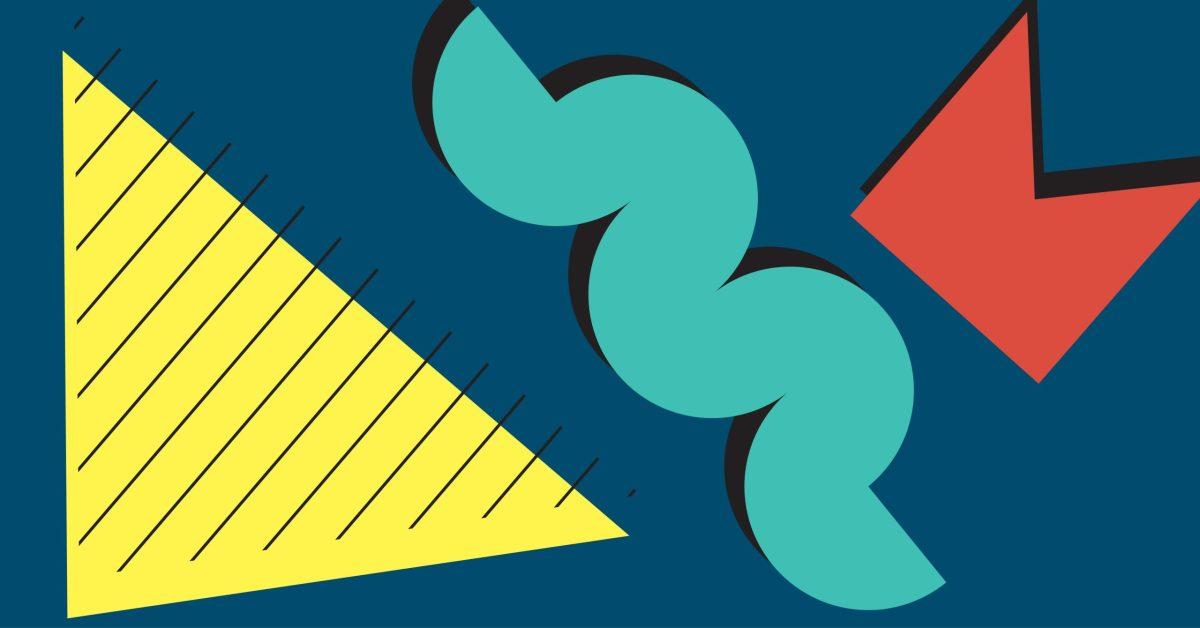The AIDS epidemic has a history of denial of treatment on every level of medicine. Doctors would refuse service to patients with HIV, medical journals showed intense bias towards HIV and AIDS research, and Reagan’s appointed head of the CDC spent years slow-rolling HIV patients and delaying both treatment and policy. President Reagan wouldn’t even use the term “AIDS” four years into the epidemic. People often discuss Reagan and his Christian-nationalist coalition’s actions and policy, but epidemic victims developing treatments while they fought for recognition don’t get as much attention. Some people smuggled experimental drugs in from Mexico, where drug regulations weren’t as strict, and some even tried researching and developing their own treatments. One common treatment used to suppress symptoms was marijuana.
 Marijuana has been shown to reduce inflammation and “oxidative stress”, a condition that causes cell decay and speeds up immune collapse, in HIV patients. It can also stimulate appetite, which helps prevent one of the deadliest HIV symptoms, wasting disease. Many HIV patients have such reduced appetite and digestive function that they starve to death. If you’ve used marijuana before, you’ve probably experienced “the munchies”, which was a literal lifesaver for people living with HIV before treatment options or even official recognition.
Marijuana has been shown to reduce inflammation and “oxidative stress”, a condition that causes cell decay and speeds up immune collapse, in HIV patients. It can also stimulate appetite, which helps prevent one of the deadliest HIV symptoms, wasting disease. Many HIV patients have such reduced appetite and digestive function that they starve to death. If you’ve used marijuana before, you’ve probably experienced “the munchies”, which was a literal lifesaver for people living with HIV before treatment options or even official recognition.

The first HIV treatment, azidothymidine (AZT), wasn’t approved by the FDA until 1987, six years into the AIDS epidemic. Even after it was approved, one of its main side effects was appetite suppression, ironically worsening one of the most dangerous HIV symptoms, wasting disease. Even now, with more effective HIV treatments, many people choose to use marijuana to manage neuropathy, nausea, and existential anxiety related to HIV. Marijuana is cheap, fast-acting, and may have fewer side effects than some prescriptions, but nothing is a panacea. While it has some amazing benefits, it can also interact with anti-virals used to treat HIV and other infections, as well as potentially worsen some psychiatric conditions. Please consult a doctor before taking medical advice from a magazine!
 That being said, next time you light one up, take a moment to remember some of our great American heroes, such as ACT UP founder Larry Kramer, Artist David Wojnarowicz, and prominent vanguard liberationist since the 1969 Stonewall Riots, Marsha P. Johnson.
That being said, next time you light one up, take a moment to remember some of our great American heroes, such as ACT UP founder Larry Kramer, Artist David Wojnarowicz, and prominent vanguard liberationist since the 1969 Stonewall Riots, Marsha P. Johnson.







